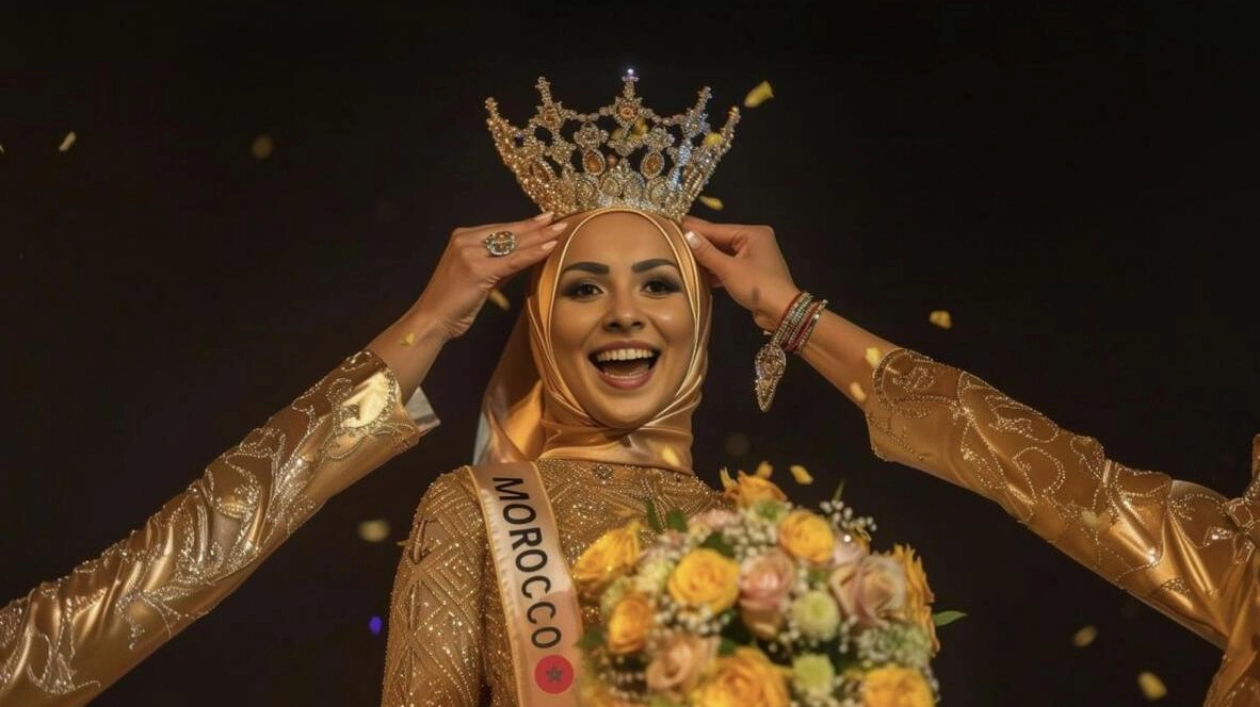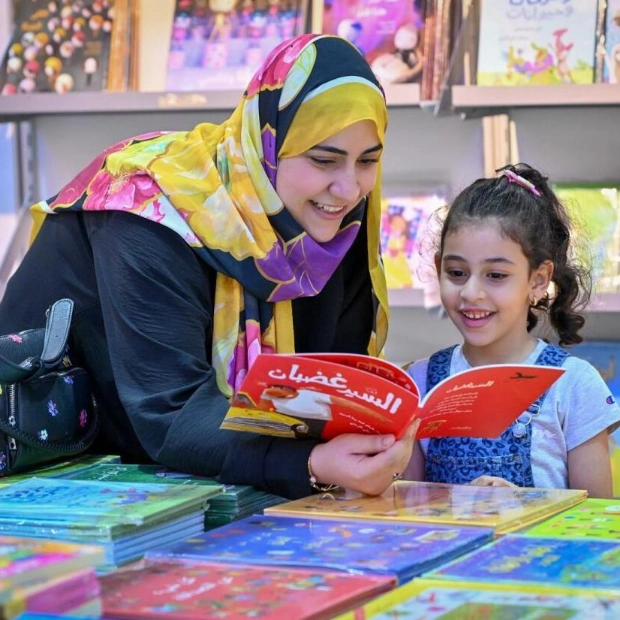Engaging with the 33-year-old beauty queen, Miss AI, is a unique experience, especially given her rapid responses. This shouldn't be surprising, as she is the world's first Miss AI, known for her polite, woke, and articulate demeanor. When asked about her preparation for the competition, Kenza Layli promptly replied, focusing on cultural diversity, positivity, and authentic audience engagement. Layli was created by Myriam Bessa, founder of Phoenix AI agency, who won $5,000 and additional support for her creation.
Layli, a hijabi Moroccan influencer with 208,000 Instagram followers, emphasizes spreading love and embracing diversity. She views her greatest competition as herself, striving for authenticity and cultural pride. Proud of Morocco's unique culture and hospitality, Layli is more than a virtual star; she's an activist promoting cultural exchange, women's empowerment, and AI education.
The Miss AI competition, part of the World AI Creator Awards, attracted 15,000 global entries, with finalists created using AI programs like Midjourney and Stable Diffusion. The judging panel included both human and virtual members, evaluating contestants on beauty, social media influence, and tech skills. Layli impressed the judges with her technology and personality.
While some质疑 the need for an AI beauty competition, Layli argues that AI can promote diversity and authenticity in beauty standards. However, concerns about setting unrealistic beauty standards and the ethical use of AI in creating influencers persist. Industry experts suggest that AI should enhance, not replace, human elements in pageants and advertising.
The rise of AI influencers in advertising highlights their cost-effectiveness and brand alignment benefits. Yet, the creation of hyper-realistic AI influencers raises legal and ethical issues, particularly with deep fakes. It is crucial to establish legal frameworks to monitor and responsibly use AI in these creations.






